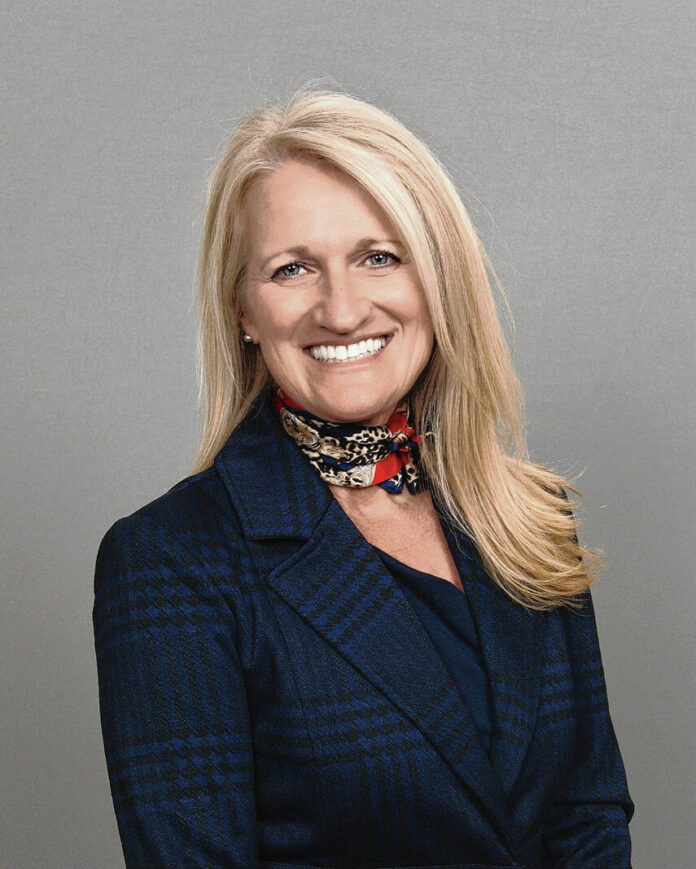Former President Jimmy Carter elected to have hospice care. According to a statement from his charity, The Carter Center, “He made the decision after a series of short hospital stays and decided to spend his remaining time at home with his family and receive hospice care instead of additional medical intervention.”
We know by selecting hospice care, the former president will live out his remaining days receiving excellent medical care and support; and his family and caregivers will also benefit from the support and guidance of hospice services.
Hospice care means keeping the patient comfortable while managing pain, anxiety and symptoms while providing support and information along the journey. It also means allowing the disease to take its natural progression and accepting the reality of mortality.
In the statement, it says, “he made the decision,” meaning he understands the disease is taking his life. It also says, “he decided to spend his remaining time at home.” He wants to spend whatever time he has left with those he loves instead of as a patient in a hospital. Carter decided what matters most to him was quality of life over quantity, he chose hospice instead of “additional medical intervention.”
Yes, the research shows that people live longer and are more comfortable on hospice, but I want to focus on the last statement, “instead of additional medical intervention.” We all understand, as a former president, Carter probably has access to the “best” medical intervention, physicians and treatments; but he chose hospice. Why? Because, what matters most at the right time was having access to hospice, a better treatment plan.
Choosing hospice is difficult. It means facing mortality. When a person has a terminal diagnosis, they are dying; whether they are undergoing treatments or receiving comfort care. Accepting hospice isn’t giving up, you are still treating the symptom of the disease along with your mental and spiritual health. Please don’t misunderstand, I’m not suggesting you forgo treatment of your disease that modern medicine offers.
My hope is that you, like former President Carter, will decide what matters most to you today and choose hospice. Ask yourself and your doctors, will this surgery help me to remain independent? Will this treatment keep me close to my family? Would this intervention allow me to continue to do what I love?”
We often get the question, “When is it time for hospice?” It really depends on the individual. Generally, hospice can help a person who has a terminal diagnosis — a disease that if it advances, has a six-month life expectancy; and the individual must not be seeking a treatment to cure the disease. Even for medical professionals, determining when someone has six months to live is difficult at best. So, if you have a life-limiting illness with no other medical treatment options, or you don’t want to endure further curative treatments, you are ready for hospice.
Hospice doesn’t hasten death or make you die sooner. Hospice is the opportunity to help you live like you want, comfortably and in control, with the help and support of a care team committed to make every moment count for both you and your family.
If I were to ask you today, “how do you want to die,” would you say fighting for life, regardless of my quality of life and time with loved ones, dependent on tubes, machines or extenuating care, or peacefully, at home surrounded by those I love?
Hospice is a choice, your choice about how you want to live your final days. Our Hospice is here for you when you are ready to regain control and live until you die.
Steph Cain is president of Our Hospice of South Central Indiana, which serves patients and families in Brown, Bartholomew, Jackson, Jennings, Johnson and several other counties from offices in Columbus, Greensburg and North Vernon. Send comments to [email protected].





